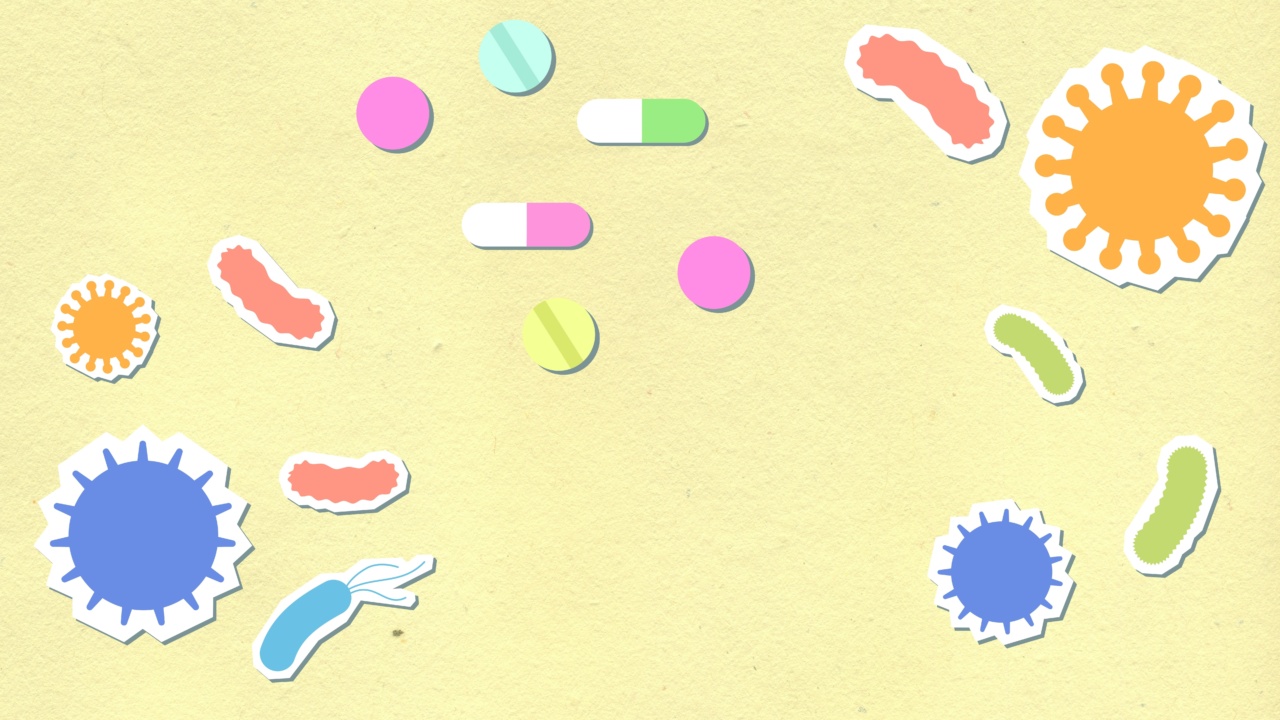Partitioning diseases refer to health conditions that involve the failure of the body to properly digest and absorb nutrients, resulting in malnutrition and other complications.
These conditions are often chronic and can lead to severe health problems if left untreated. The treatment options for these diseases have evolved over the years, and with the emergence of new technologies and research findings, more innovative approaches are being developed to improve the health outcomes of affected individuals.
This article explores some of the emerging treatment options for partitioning diseases.
Enteral Nutrition
Enteral nutrition involves the delivery of nutrients to the body through the gastrointestinal tract. It is a common treatment option for individuals with partitioning diseases, particularly those who cannot take food orally.
Enteral nutrition can be given through a tube that is inserted through the nose and into the stomach, or a tube that is surgically implanted into the stomach or intestine. Recent advances in enteral nutrition technology have led to the development of more efficient and less invasive procedures for delivering nutrients to the body.
Parenteral Nutrition
Parenteral nutrition involves the delivery of nutrients directly into the bloodstream. It is often used as a last resort for individuals with partitioning diseases who cannot tolerate enteral nutrition.
Parenteral nutrition requires the insertion of a catheter into a large vein, such as the subclavian vein or jugular vein, and is administered by a skilled healthcare professional. Recent advances in parenteral nutrition technology have led to the development of specialized formulations that meet the unique nutritional needs of individuals with partitioning diseases.
Enzyme Replacement Therapy
Enzyme replacement therapy is a treatment option for individuals with pancreatic insufficiency, a condition that results in insufficient production of digestive enzymes by the pancreas.
The therapy involves the administration of pancreatic enzymes orally or through a feeding tube to help the body digest and absorb nutrients from food. Recent advances in enzyme replacement therapy technology have led to the development of more efficacious and long-acting formulations that can improve the nutritional status of individuals with pancreatic insufficiency.
Fecal Microbiota Transplantation
Fecal microbiota transplantation (FMT) is a procedure that involves the transfer of fecal matter from a healthy donor to the gut of an individual with a partitioning disease.
The procedure helps to restore the balance of gut bacteria and improve the body’s ability to digest and absorb nutrients. Recent research has shown that FMT can be an effective treatment for individuals with recurrent Clostridioides difficile infections, a condition that can lead to severe diarrhea and malnutrition.
Gastrointestinal Surgery
Gastrointestinal surgery is often used as a treatment option for individuals with partitioning diseases that are caused by structural abnormalities in the gastrointestinal tract.
The type of surgery performed depends on the location and severity of the abnormality. Advances in surgical techniques, including minimally invasive procedures, have led to improved surgical outcomes and reduced recovery times for affected individuals.
Growth Hormone Therapy
Growth hormone therapy is a treatment option for children with short stature due to growth hormone deficiency caused by a partitioning disease. The therapy involves the administration of synthetic growth hormone through injections to stimulate growth.
Recent advances in growth hormone therapy technology have led to the development of long-acting formulations that need to be injected less frequently, making it a more convenient treatment option.
Probiotics
Probiotics are live bacteria and yeasts that are beneficial to health, particularly to the digestive system.
They are often used as a complementary treatment option for individuals with partitioning diseases as they help to restore the balance of gut bacteria and improve the body’s ability to digest and absorb nutrients. Recent advances in probiotic technology have led to the development of more efficacious and long-acting formulations that can improve the nutritional status of affected individuals.
Vitamin and Mineral Supplementation
Vitamin and mineral supplementation is often used as a treatment option for individuals with partitioning diseases who have deficiencies in certain nutrients. The supplementation can be given orally or through a feeding tube.
Recent advances in vitamin and mineral supplementation technology have led to the development of specialized formulations that meet the unique nutritional needs of affected individuals.
Dietary Changes
Dietary changes are a critical component of the treatment plan for individuals with partitioning diseases.
A registered dietitian can help to develop a dietary plan that meets the nutritional needs of the affected individual and is well tolerated by the body. Recent research has shown that certain dietary changes, such as the low-FODMAP diet, can be effective in managing the symptoms of irritable bowel syndrome, a common partitioning disease.
Conclusion
Emerging treatment options for partitioning diseases are improving the health outcomes of affected individuals.
These treatment options, which include enteral nutrition, parenteral nutrition, enzyme replacement therapy, fecal microbiota transplantation, gastrointestinal surgery, growth hormone therapy, probiotics, vitamin and mineral supplementation, and dietary changes, are becoming more efficient, less invasive, and more personalized. Individuals with partitioning diseases should work closely with their healthcare providers to develop a treatment plan that meets their unique needs and improves their quality of life.






























